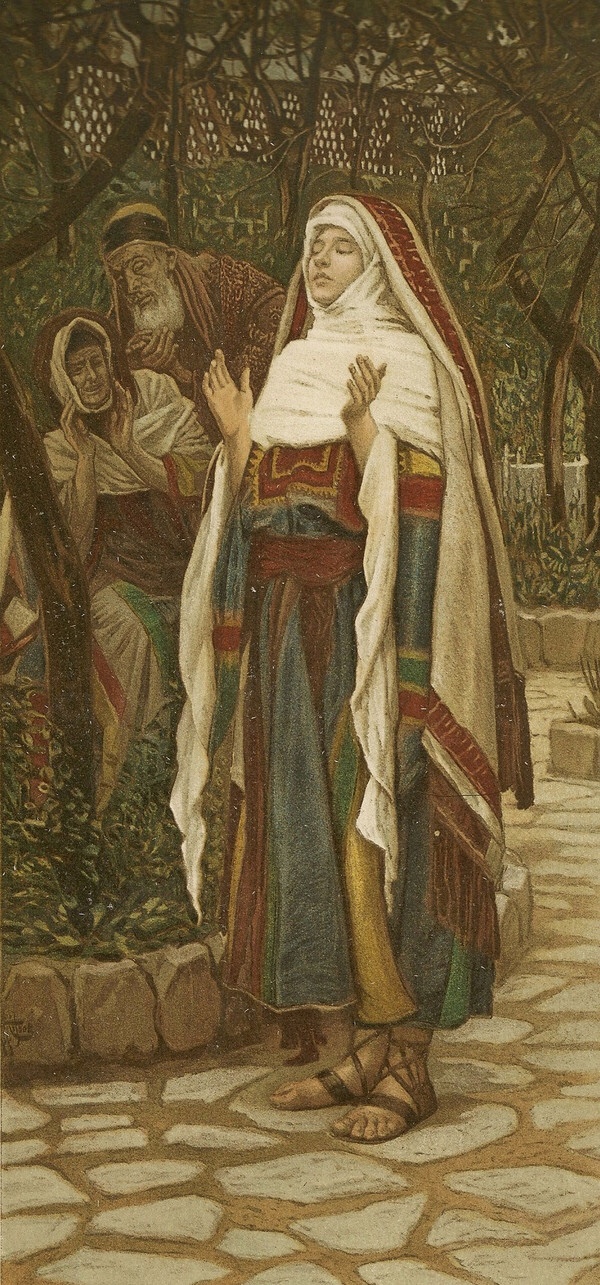Now, things change a little bit. Because today we are adding on to our memory verse.
I split the sentence into two parts, the first to be added today and the second to be added on Day 13. Fortunately, the first part is an independent clause so it could be a complete sentence in its own right.
If you want to get technical about it, it is a clause within a clause. The first part of the sentence, the first independent clause, comes before the semicolon. It is the part we added last time. The second part of the sentence contains an independent clause and a dependent clause. Today we are adding the independent clause. Can you tell I wrote the curriculum for Reading 2? Okay, I’ll stop now.
“In the beginning was the Word, and the Word was with God, and the Word was God. He was with God in the beginning. Through him all things were made; without him nothing was made…”
I’ll admit it is a little awkward to split a sentence up, but it is a long sentence and a bit of a tongue twister at that. There are lots of repeated words in these memory verses, and these repeated words and themes are part of what makes this poetry so beautiful.
On the one hand, repetition can help with memorization; on the other hand, it can be confusing. I chose to split this one up to make it more manageable.
Today’s Lesson
Today’s reading is a collection of verses called “The Song of Mary,” or “The Magnificat.” Magnificat is Latin for “magnifies.” The reason it is called “The Magnificat” is because the word translated as “glorifies” in the NIV is translated into Latin as “Magnificat.”
Got that? If Liturgical Latin makes your eyes start to cross, just be glad you aren’t Catholic. Unless you are Catholic. In that case ignore what I just said. I just put my foot in my mouth, didn’t I?
46 And Mary said: “My soul glorifies the Lord
47 and my spirit rejoices in God my Savior,
48 for he has been mindful of the humble state of his servant. From now on all generations will call me blessed,
49 for the Mighty One has done great things for me—holy is his name.
50 His mercy extends to those who fear him, from generation to generation.
51 He has performed mighty deeds with his arm; he has scattered those who are proud in their inmost thoughts.
52 He has brought down rulers from their thrones but has lifted up the humble.
53 He has filled the hungry with good things but has sent the rich away empty.
54 He has helped his servant Israel, remembering to be merciful
55 to Abraham and his descendants forever, just as he promised our ancestors.”
56 Mary stayed with Elizabeth for about three months and then returned home.
Luke 1:46-56, NIV
What should you teach them?
Here is what I say:
- Yesterday we learned about Mary’s visit to her relative, Elizabeth.
- Elizabeth’s baby leaped for joy in the womb when Mary greeted them. Then Elizabeth was filled with Holy Spirit and she started prophesying. Prophesying is when someone says words that are from God.
- Today’s reading is what Mary said after that. Some people call it The Song of Mary, other people call it Mary’s Prayer. I like to think of it as a song and a prayer because it can certainly be both!
- The first thing Mary does is give praise and glory to God. This is always a good way to start off a prayer.
- We can tell from Mary’s prayer that she knows a lot about scripture. She doesn’t quote word for word any complete verse from the Old Testament, but she uses a lot of the same words and themes found there.
- She thanks God for taking care of his people and for taking care of those whom the world has not taken care of. She also talks about God’s promise to Abraham and how God always keeps his promises.
- If this prayer really was a song, we have no way of knowing what the melody sounded like. Many very talented musicians have put their own spin on making this scripture into a song. They range from classical and hauntingly beautiful versions sung in Latin to contemporary versions with guitars and breathy vocals.
- Now it is time to say a prayer. Are you inspired by Mary’s prayer? Does it give you any ideas of what kinds of things to say? Try starting your prayer with some words of praise to glorify God.
Here’s a version my kids can appreciate. It is composed by contemporary Christian composer, Todd Agnew. The vocals are by Christian singer-songwriter, Christy Nockels. A tidbit for those of you who live in Georgia like I do: Christy and her husband Nathan helped found Passion City Church right here in Atlanta!
